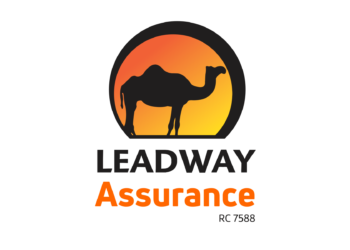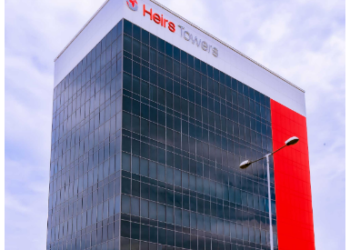A little over a century ago, the term public adjuster/insurance claims assessor became a service provider for claimants, acting as an independent insurance professional that a policyholder may hire to help settle an insurance claim on the claimants behalf.
The service is widely developed in the western insurance market. In spite of almost a century stint in the United States, only 44 states provide licence for the practice that will be 100 years by 2022. But the association of states Commissioners of Insurance recognise the service. In England, the profession has scaled the century mark.
In Nigeria, this independent insurance profession is making a maiden announcement for recognition by all stakeholders in the insurance market, with a prime focus on claimants, brokers and the insurance companies, the later the major focus for claims requiring payment to claimants.
The initiator of the service in the market, Mr. Ralph Opara, chief executive at Fairdeal Public Adjusters Limited, and a former president, Institute of Loss Adjusters of Nigeria (ILAN), told env-4170486.atl.jelastic.vps-host.net, that the public adjuster is filling the gap and offering service to the insured claimant which ought to be.

Opara said the Insurance Act does not allow the loss adjuster to act for the claimant and it would be unethical to do so. He said a public adjuster will exclusively do so. The lack of protective shield for the claimant leaves the claimant at the courts of the insureds without an exclusive professional attendee, while the loss adjuster is appointed by the principal (insurer), who pays the loss adjuster fee, acting as a professional, but not at the instance of the claimant.
This claims dice thrown before the claimant who only stands to watch, has created a room for the public adjuster to fill the gap and place the representative of the claimant at the centre of the claims processes and negotiations. At this point, the two professionals: loss adjuster and public adjuster professionally defend the interests involved in the claims and reach a settlement which could have been missed if there was no public adjuster hired by the claimant. Opara however, does not rule out the significant role the broker would play who incidentally, from the onset of policy wants maximum protection at minimum price.
From investigation made by Businesspost online, the regulator, National Insurance Commission, is watching development in the novel service with keen interest and documenting operation as it progresses before stepping in at a future date.
With all resources deployed on the job, Opara said the service of the public adjuster is still at inception and “we have not got to the point where we will get referrals.” Despite the beginners trajectory, he believes the service will grow with time and become popular to attract the attention of the regulator which ultimately will begin to issue licence to public adjusters to represent claimants either corporate or as individuals.
He said as the claimant, individual and corporate realise that insurance policy requires that many conditions be met when a claim is made, the need to have a public adjuster who serves their interests exclusively when dealing with the insurance company’s adjusters would nudge them to switch to the public adjuster.










































